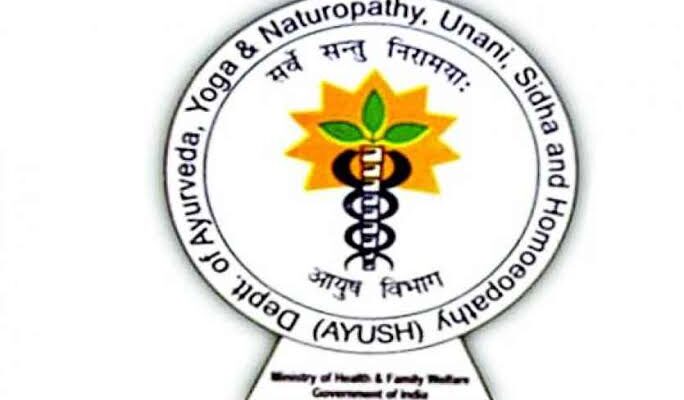NEW DELHI: The Union Cabinet on Wednesday approved the establishment of the WHO Global Centre for Traditional Medicines (WHO GCTM) in Jamnagar, Gujarat under the AYUSH Ministry, by signing a Host Country agreement between the Government of India and the World Health Organization (WHO).The WHO GCTM will be established in Jamnagar under the Ministry of AYUSH. This would be the first and only global outposted Centre (office) for traditional medicine across the globe.
Its Benefits are:
— to position AYUSH systems across the globe
— to provide leadership on global health matters pertaining to traditional medicines.
— To ensure quality, safety and efficacy, accessibility and rational use of traditional medicines.
To develop norms, standards, and guidelines in relevant technical areas, tools and methodologies, for collecting data undertaking analytics, and assess impact.
Dr. Tedros Adhanom Ghbereyesus, Director General, World Health Organization announced the establishment of WHO GCTM in India on the occasion of 5th Ayurveda Day on 13th November, 2020 in the august presence of Prime Minister Modi.
A Joint Task Force (JTF) is constituted for coordination, execution and monitoring of activities for the establishment of this Centre. JTF comprises representatives from the Government of India, Permanent Mission of India, Geneva and the WHO. Under the ambit of this, an interim office is being established at the ITRA, Jamnagar, Gujarat to execute the identified technical activities and planning of fully functional WHO GCTM.
Traditional medicine is a key pillar of health care delivery systems and plays a crucial role in maintaining good health and well-being. Safe and effective traditional medicine will play a significant role in ensuring all people have access to quality essential health care services and safe, effective and affordable essential medicines as the world approach the ten-year milestone for Sustainable Development Goals in 2030.
###




